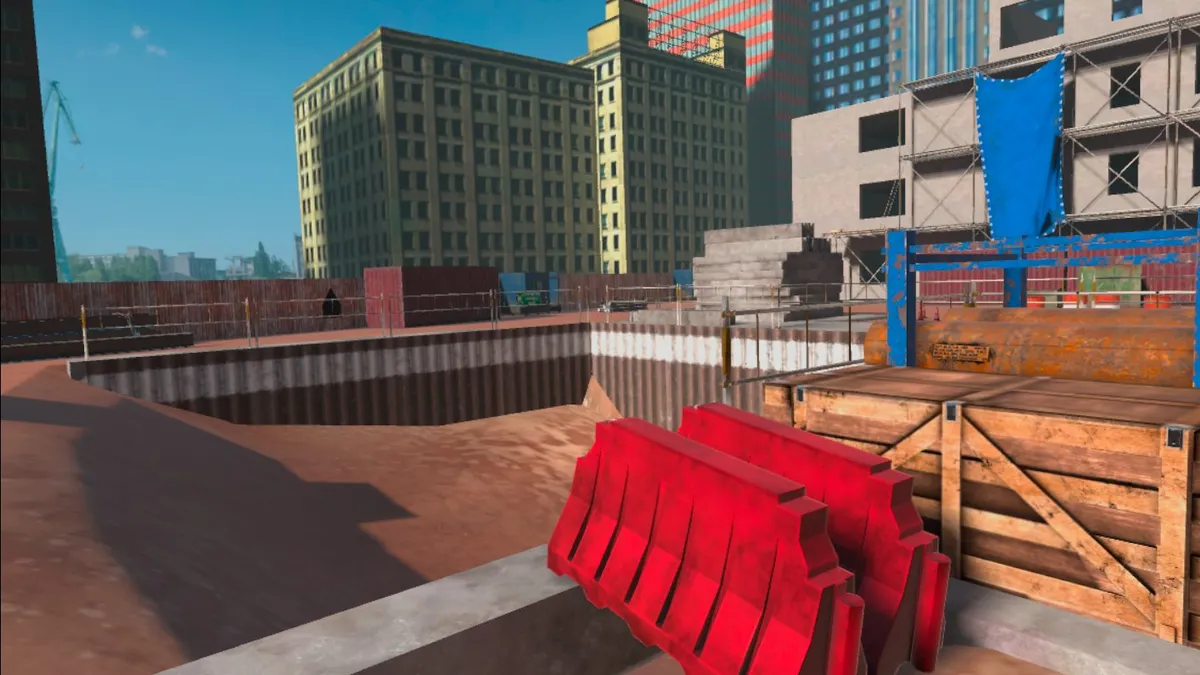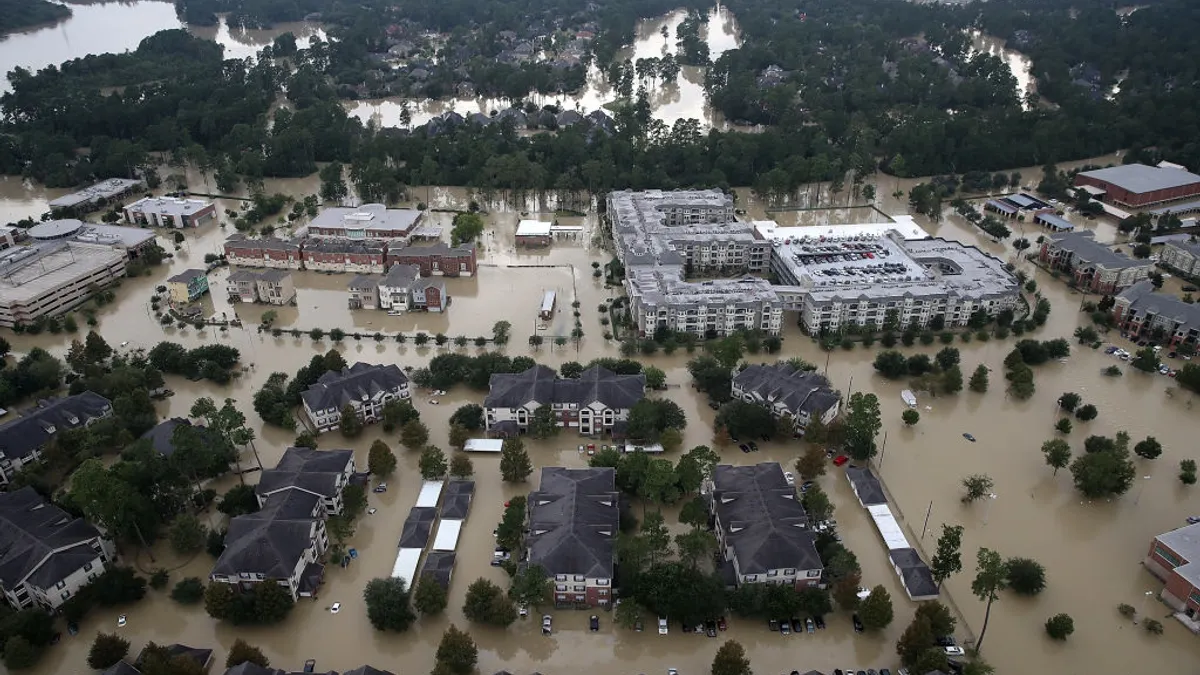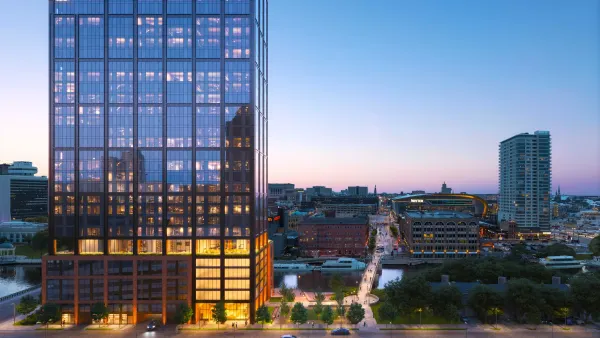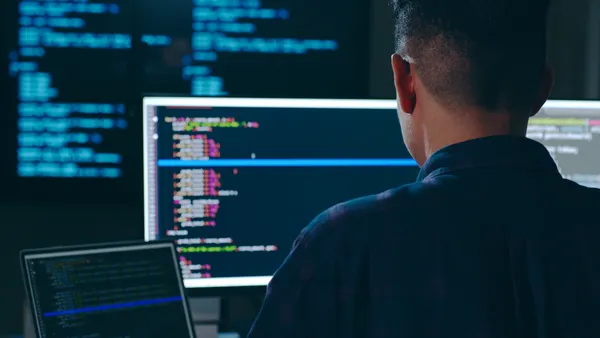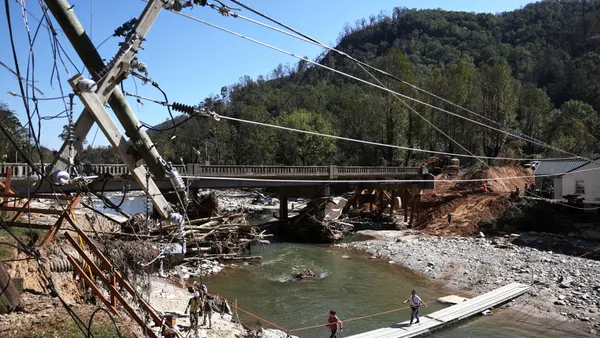Groups of young adults stand outside in the San Francisco sun. They’re lined up behind two students wearing virtual reality headsets, looking around and interacting with their surroundings. After a few minutes, they remove the headsets, and volunteers sanitize them. The next students step up for their turn.
VR is not a new concept for recruiting or training potential construction workers. At a time when VR is becoming more common and contractors face a shortage of skilled labor, several nonprofit organizations in San Francisco are coordinating to teach young people basic construction skills to get them interested in construction careers.
Brightline Defense, an environmental justice nonprofit, recently announced its collaboration with San Francisco jobs training program CityBuild Academy and virtual training startup TRANSFR VR, to make construction job training more accessible to low-income youth in a free, citywide program.
The students
The focus of the collaboration is to educate young adults aged 18 to 21, but specifically high school seniors, to get them interested in enrolling in CityBuild for certification, said Eddie Ahn, executive director of Brightline Defense. The program’s intent is to provide an introduction to the industry and help students see it as an option for a career path, aside from college.
“There’s been an educational trend to put every student who graduates into college, and clearly that has its drawbacks,” Ahn said. “It’s not a bad thing necessarily ... but it’s not the only method either.”
The first six-week course, made up of 28 students, took place late last year, Ahn said. Social distancing outside, and using the TRANSFR app inside their Oculus headsets, students took turns before the volunteers would sanitize and swap them.
“Students are excited, especially the ones who have not used VR before,” Ahn said, adding that the outdoor VR allows students to experience the training in a way they wouldn’t have been able to during the pandemic, while also allowing both students and instructors to feel safe and distanced.
The app
TRANSFR’s goal is to “bridge the gap” between education in the classroom and work-based jobs, said CEO and founder Bharani Rajakumar. The specific app developed for the San Francisco program teaches baseline skills like workplace safety, tool identification and the use of PPE.
When donning the Oculus headsets, students see the 360-degree view of a construction jobsite. There, they view construction equipment, materials and machinery. In the gamified system, students identify hazards — such as a wire near a puddle of water — or tools for specific jobs, before a narrator details the proper information. The module is designed for students with little to no experience on a construction jobsite.
“Immersive learning through virtual and augmented reality will definitely become more commonplace as a teaching tool in construction and other technical occupations,” Rajakumar said.
The hands-on training gives students the experience they need to know if they’re a good fit for construction, manufacturing or other skilled trades, he said.
“A key objective of our work is to provide a realistic on-the-job experience so that when trainees find themselves on the actual job they are already comfortable in the setting and are prepared to be productive from Day 1,” Rajakumar said. “Trainees who take jobs following our training know exactly what to expect before they start the job, so when they get there, they are not surprised."



